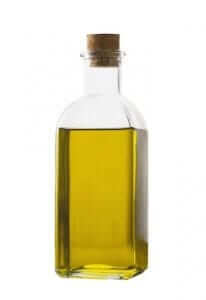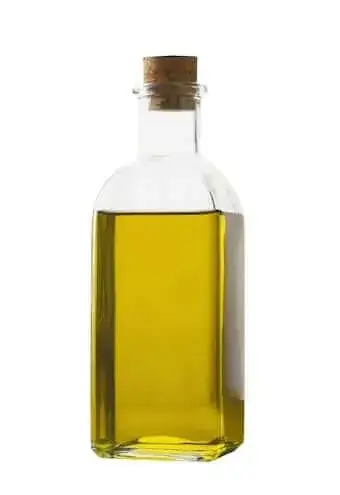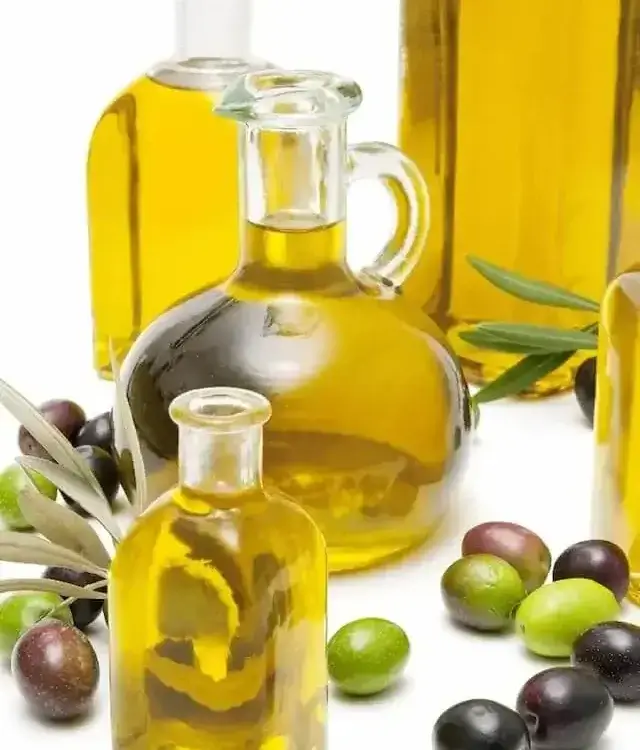What is Olive Oil?
From weight loss to cancer prevention, olive oil is one of the most recommended foods in healthy diets. It can be used for anything from sautéing to seasoning. Some even use it as skin lotion, while others add to herbal cures to treat illnesses. Learn about how this oil is made, its health benefits and…
This post may contain affiliate links. Please read our disclosure policy.
From weight loss to cancer prevention, olive oil is one of the most recommended foods in healthy diets. It can be used for anything from sautéing to seasoning. Some even use it as skin lotion, while others add to herbal cures to treat illnesses. Learn about how this oil is made, its health benefits and how to spot the best from the worst.
How is Olive Oil Made?

Olive oil, as the name suggests, is made using olive fruits. The process begins by crushing olives in order to extract the oil. From there, the oil undergoes maceration and other refining processes before it is bottled and sold. Pure olive oil is available from some vendors. However, most of the olive oil brands consumers buy have gone through refining techniques.
Types of Olive Oil
 Ever wondered what the difference between regular and extra virgin olive oil is? The “virgin” in olive oil refers to the pureness. Extra virgin olive oil is hardly processed. It goes through minimum refining, which is why it is often more bitter in taste. It is widely used in salads because of its fruity taste. Some cooks say they can taste the olive in the oil.
Ever wondered what the difference between regular and extra virgin olive oil is? The “virgin” in olive oil refers to the pureness. Extra virgin olive oil is hardly processed. It goes through minimum refining, which is why it is often more bitter in taste. It is widely used in salads because of its fruity taste. Some cooks say they can taste the olive in the oil.
Regular olive oil, on the other hand, has been treated with certain soluble solutions. Others are heated or cold-pressed in production. In other words, some olive oils are less authentic in order to enable mass production. Because producing olive oil can be expensive, prices are higher than other oils.
Health Benefits of Olive Oil
In terms of health, olive oil is worth its cost. It is a famous source of monounsaturated fats, which are healthy fats associated with lowering cholesterol to cut the risk of heart disease. Olive oil also contains antioxidants, phytonutrients and vitamin E. These nutrients are helpful in preventing many diseases ranging from diabetes to high blood pressure. Research also claims that olive oil can help treat osteoporosis as well.
How to Buy the Best Olive Oil
The best type of olive oil is extra virgin olive oil. It is superior in both nutrients and taste. When used as a dressing or seasoning, the olive flavor is prominent. However, this fruity flavor diminishes as soon as the oil is heated. Extra virgin olive oil usually has a harvest date on the packaging, and smells like fresh fruit. If the oil tastes synthetic like cardboard or hay, it’s likely that it has gone bad.
There is a saying among professional cooks that the more bitter it taste, the better the quality. However, cooks sometimes prefer to use virgin oil instead of extra virgin. Virgin olive oil is more affordable but still has plenty of nutrients too.
Olive oil comes highly recommended because of its cooking and health benefits. It offers a high concentration of nutrients and can be used to cook just about anything. Remember to look for extra virgin olive oil and to use it within a few months after opening. Keep away from heat and make sure the bottle is tightly closed for longer shelf life.


Leave a Comment